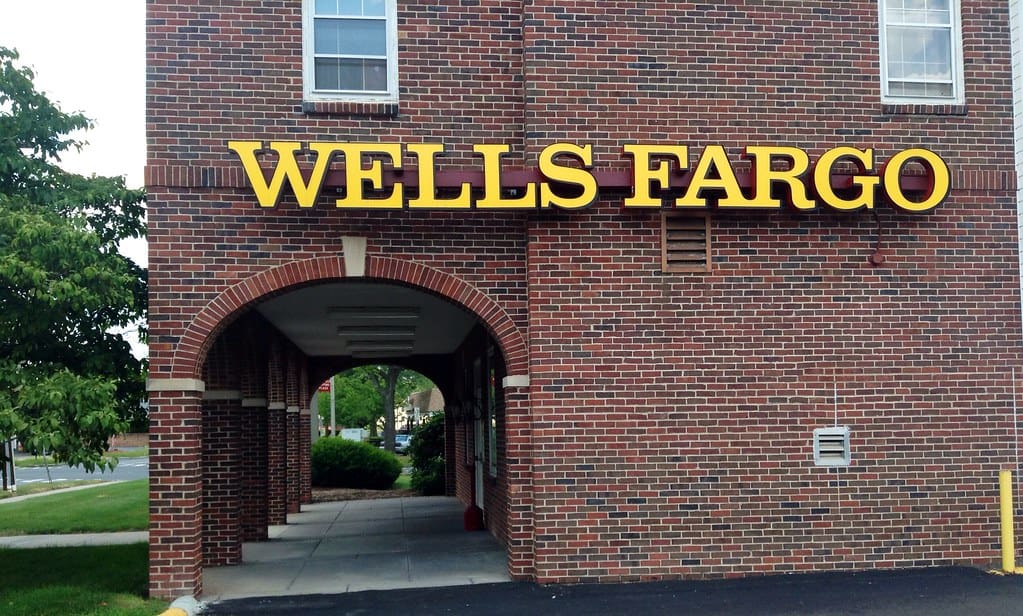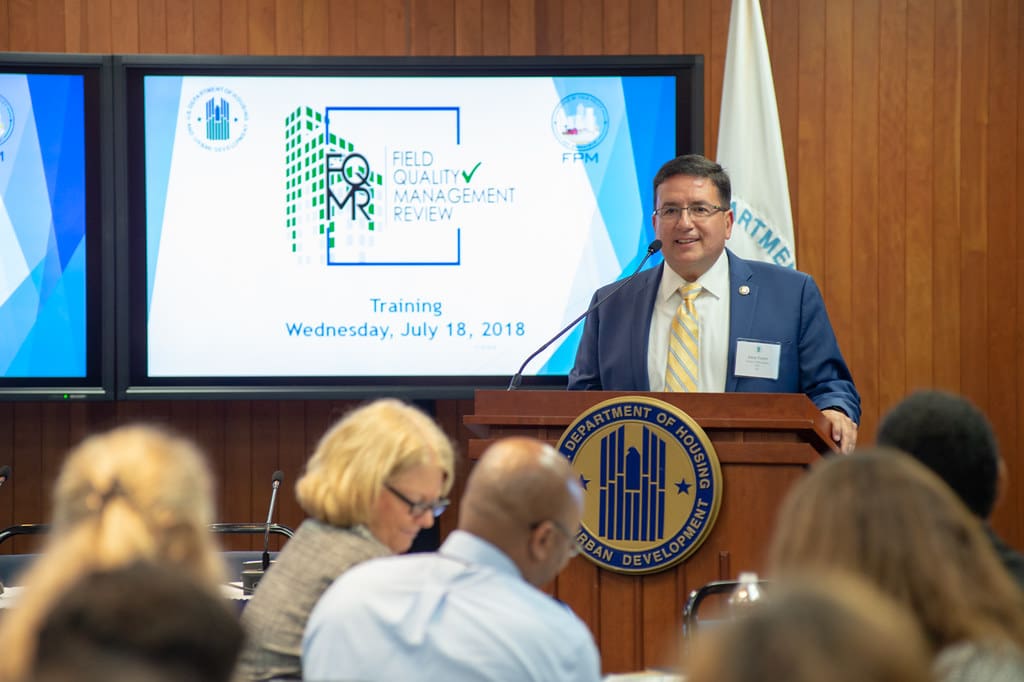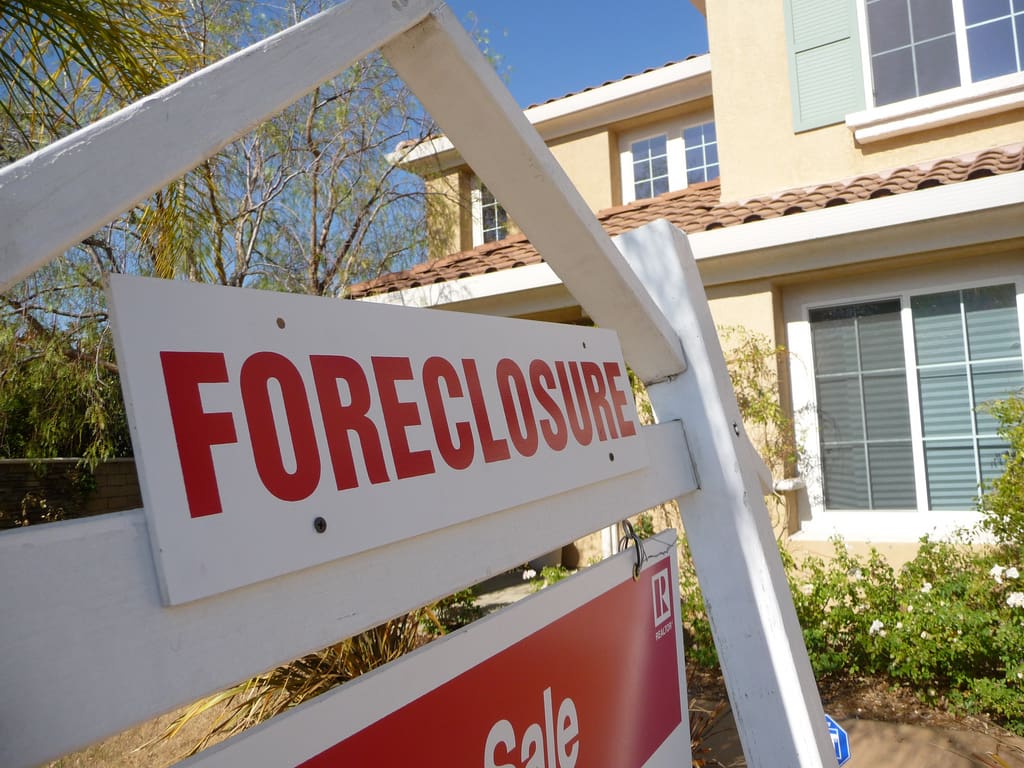If for any reason you are unable to make the mortgage payments on your home, you could face foreclosure. Your home could be repossessed by the lender. These 10 tips will give you guidance to help avoid foreclosure.
10. Be Proactive

Things happen in life that can put you in financial hardship: Illness or an accident, unemployment, and more. The bank will notify you when a payment is late or missed. If you stop making payments on your home, the bank will send you a notice of default after 90 days that will initiate the foreclosure process. Don’t ignore these notices.
9. Contact the Lender as Soon as Possible

If circumstances are making it difficult for you to make your mortgage payment, reach out to the lender as soon as possible. Lenders want to help. Most offer mortgage relief options. They may include loan modification, repayment plans, extending the length of the loan term, refinancing to lower your interest rate, short sales, or deed-in-lieu of foreclosure.
8. Remain in Constant Contact

A delinquency warning letter from your lender will also typically include choices for foreclosure prevention. Review these options and consider if any of them can help your situation. Stay in contact with your lender and discuss your options. You may also receive letters about lawsuits and foreclosure court. Note the dates and contact your lender for options to avoid court.
7. Get Informed About Foreclosure Laws

It’s important to educate yourself about the laws regarding foreclosure. Review your mortgage documents to understand the consequences of delinquency. These often include references to state and federal laws. Luckily, since the pandemic, more laws have been enacted to protect homeowners facing default. A housing counseling agency in your state may provide you with other valuable information.
6. Explore Your Choices

Loss mitigation is the process that lenders use to offer options to borrowers having difficulty making their loan payments. These include forbearance, repayment plans, loan modifications, and deed-in-lieu of foreclosure. All of these have different approaches. You can find valuable information on the Federal Housing Administration’s (FHA) website. Work with your lender to formulate a plan for preventing foreclosure.
5. Reach Out to Housing Advisors

The U.S. Department of Housing and Urban Development (HUD) provides inexpensive, and — in some cases, free — access to housing advisors. These HUD-sponsored counselors are available to provide housing advice throughout the country. These counselors can explain federal and state laws and suggest options for refinancing. Some counselors may assist with correspondence with your lender on your behalf.
4. Get Your Finances in Order

A crucial step in preventing foreclosure is to reevaluate your financial priorities. Property tax and insurance are key priorities. Look for areas where you can eliminate or reduce spending. This will free funds to allocate toward mortgage payments. Eliminate nonessential things such as entertainment, TV cable, dining out, and more. Negotiate other debts or look for transfers with lower interest.
3. Examine Other Income Sources and Personal Property

Consider whether you could sell any items you own to raise money to make your mortgage current. For example, a second car, jewelry, or a whole life insurance policy. Remember, many things can be reacquired when your financial situation improves. Consider taking extra work to earn more income.
Read More: 10 Reasons You Need a Financial Advisor
2. Watch Out for Foreclosure Prevention Advertisers

There are many companies advertising foreclosure prevention services. Many of these over-promise and some may be fraudulent. Not all are scammers, but may charge you a lot of money. Be aware that you can get the same information and services from your lender or an HUD-approved housing counselor for free.
Read More: 20 Mistakes to Avoid When Buying Your First Home
1. Watch Out for Foreclosure Scams

Watch out for foreclosure prevention companies seeking your signature on legal documents without understanding the terms. It is always wise to obtain the expertise of an attorney, real estate agent, or HUD-approved counselor before signing legal documents. Some scam companies may trick you into giving them your power of attorney, allowing them to take over your home.
Read More: 10 Things to Know Before You Refinance Your Mortgage








